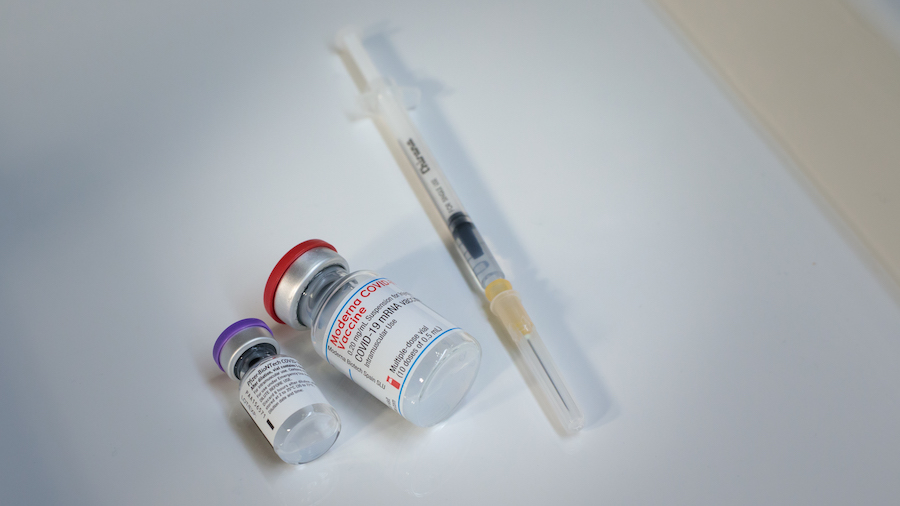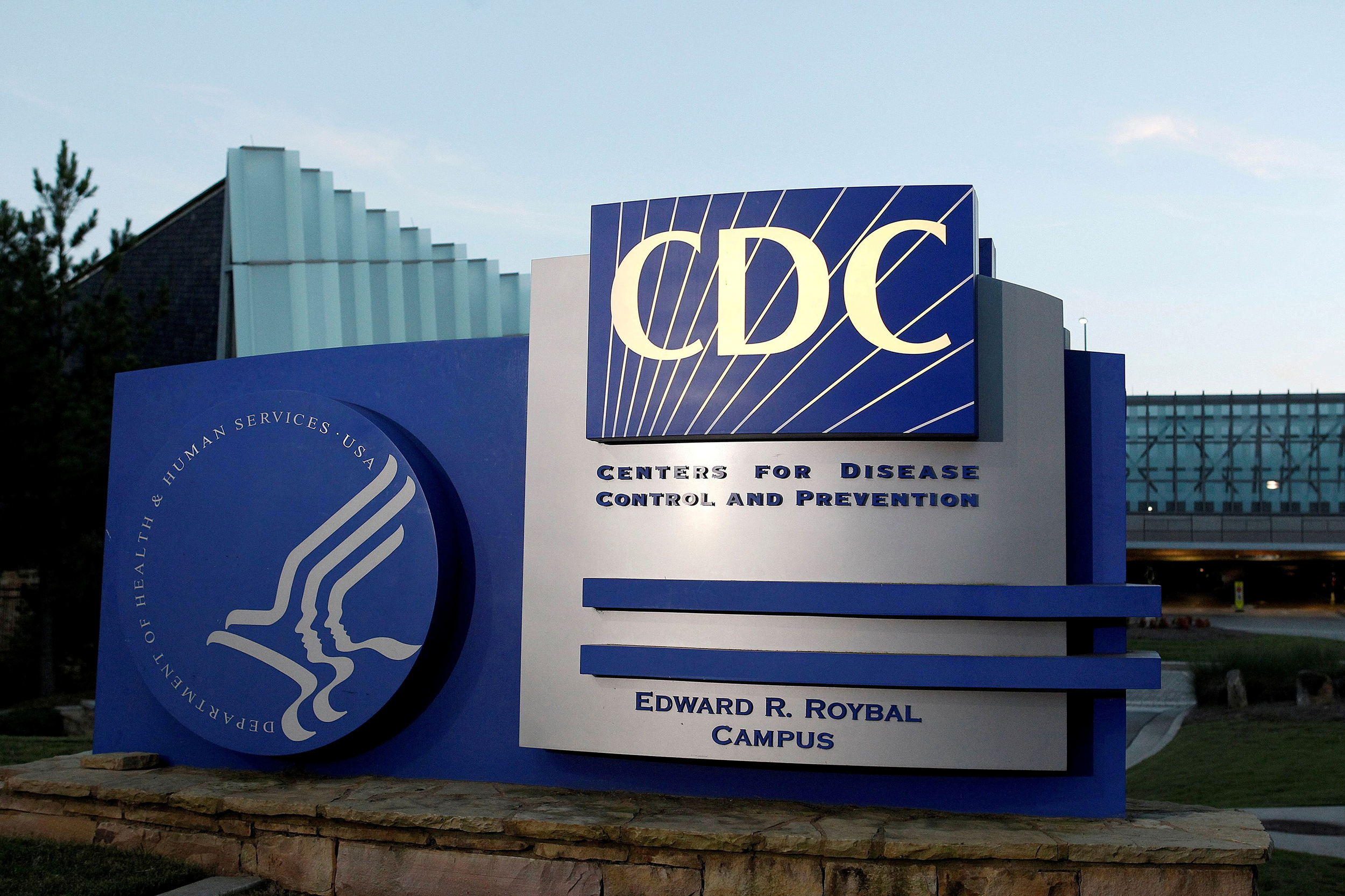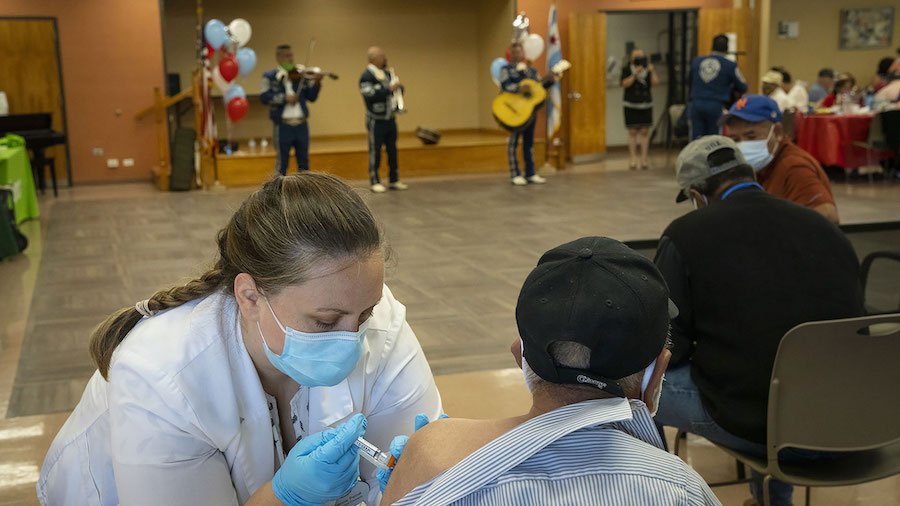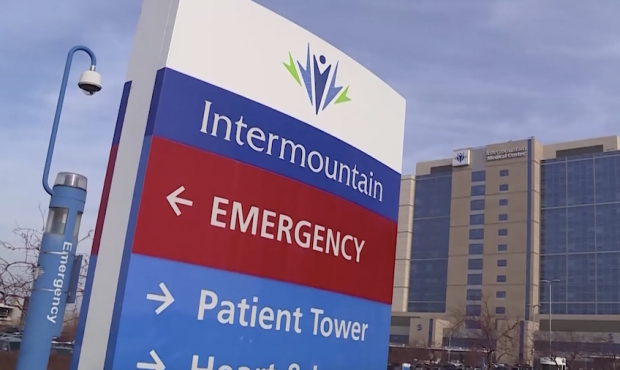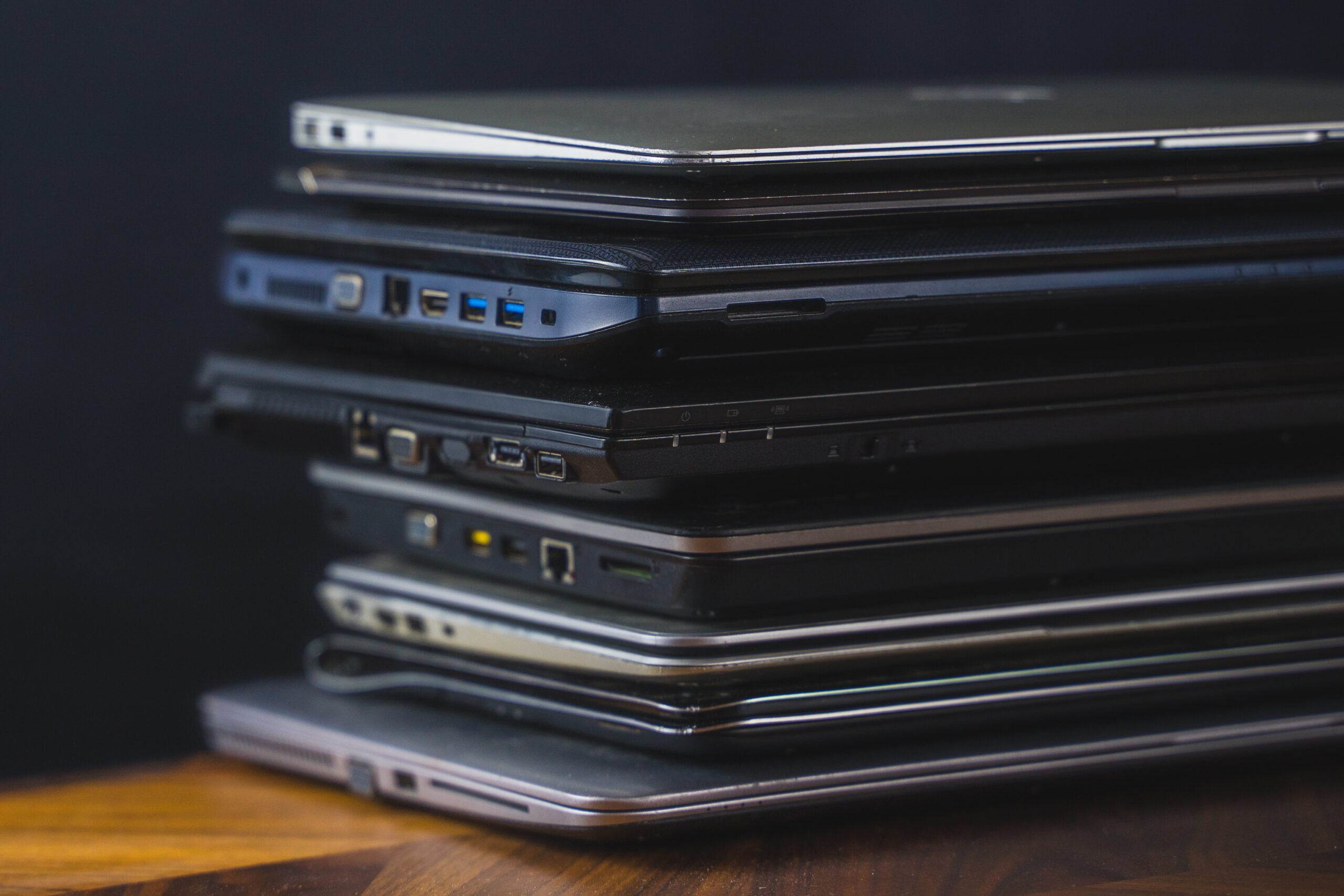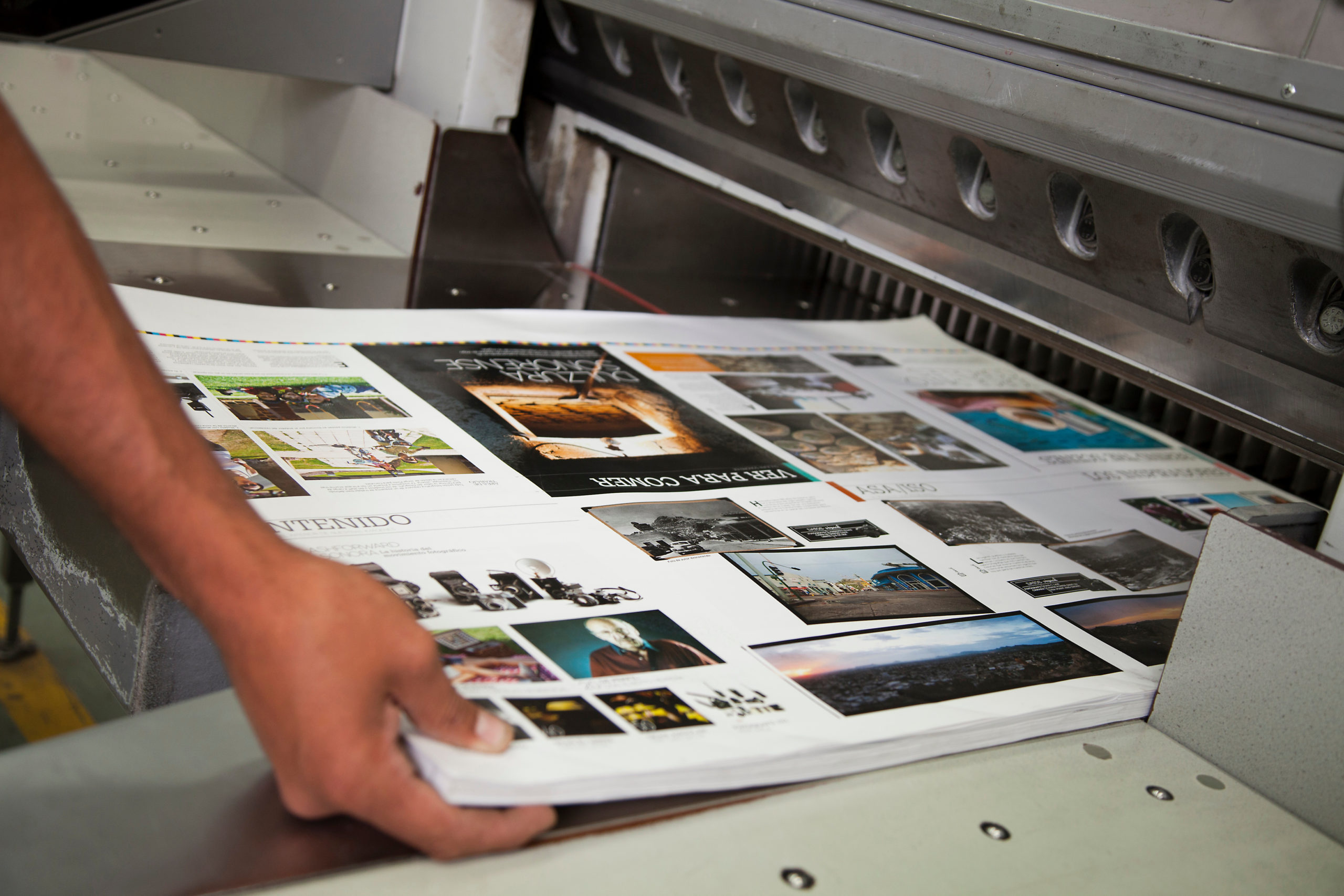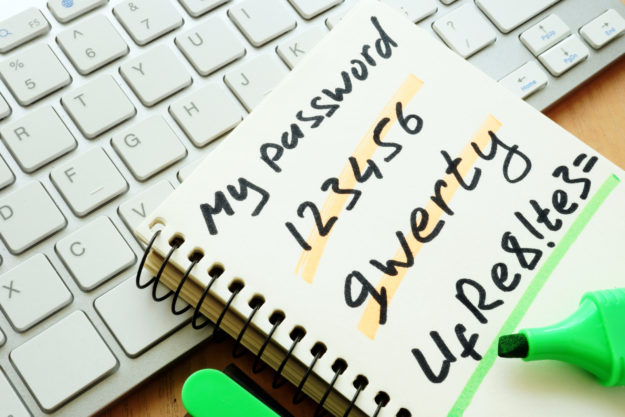CORONAVIRUS
Going cashless during COVID-19 pandemic was ‘useless,’ BYU study says
May 12, 2022, 2:07 PM | Updated: 2:11 pm

(KSL TV)
(KSL TV)
PROVO, Utah — Efforts to slow the spread of COVID-19 by going cashless were essentially useless, according to a new study from Brigham Young University.
The report, first published in PLOS ONE in late January, found the virus could not survive on paper bills and actually showed greater stability on plastic credit or debit cards.
“Early in the pandemic, we had this massive outcry for businesses to stop using cash; all these businesses just followed this advice and said ‘OK, we are credit card only,’” said study author Richard Robison, a BYU professor of microbiology and molecular biology. “I thought, ‘Wait a minute, where are the data to support that?’ And there simply wasn’t any. We decided to see if it was rational or not, and turns out it was not.”
While neither the Centers for Disease Control nor the World Health Organization ever banned the use of paper money, the study’s authors noted many businesses still only accept payment by card more than two years later.
They say this decision, though well-intentioned, is misguided.
BYU professor Julianne Grose and a group of undergraduate students conducted the study by rounding up several $1 bills, quarters, pennies and credit cards and inoculated the money with SARS-CoV-2, the virus that causes COVID-19.
The team sampled and tested the monies for virus detection after 30 minutes, four hours, 24 hours and 48 hours.
The results? The virus was reduced by 99.9993% after 30 minutes on the paper bills, and no live virus was detected after 24 and 48 hours.
After putting 1 million viable virus particles on the bills, which are a blend of approximately 75% cotton and 25% linen in the U.S., researchers couldn’t find any virus at all after 24 hours.
While the virus was also greatly reduced on plastic cards, it only dropped by 90% after 30 minutes. Researchers said this reduction rate increased to 99.6% by four hours and 99.96% by 24 hours, but the live virus was still detectable on the money cards 48 hours later.
Coins performed similarly to plastic cards in the study, with a strong initial reduction but live virus detections after 24 and 48 hours.
The team then gathered bills and coins from local restaurants and around BYU’s campus to test them for the presence of the virus, along with a collection of plastic cards. After swabbing and testing the items, “they detected no SARS-CoV-2 RNA on the banknotes or the coins and only a low level of the virus on the money cards,” read a release from BYU.
“This pandemic has been infamous for people making decisions with no data,” Robison said. “We have these people just saying things and massive numbers of organizations just follow it blindly without any data. It turns out in this case, they went precisely the wrong direction.”
Are Utahns ready for a world without cash?
Even before the COVID-19 pandemic, signs emerged of a world moving to eliminate cash — and not everyone was convinced that’s a good thing.
In a nationwide survey in Sweden, only 13% of Swedes reported using cash for a recent purchase. The country aims to be the world’s first cashless society by next spring, and bankers in Denmark are pushing their nation to go the same route.
Here in the U.S., about one-third of the 13,000 adults the Pew Research Center surveyed said during a typical week, they don’t buy anything with cash.
And according to a survey conducted by U.S. Bank, half of all adults had less than $20 in their wallets.
Vivint Arena moved to a cashless system in 2019. Officials said the change was made in order to speed up transactions to keep lines moving quickly.
Arena spokesman Frank Zang said they have found fans go through lines for food and drinks 10-to-30% faster with cash-free payments.
“We want people to have memorable experiences while they’re here,” Zang said. “We don’t want them to be spending their time at the concession stands.”
However, some cities, such as San Francisco and Philadelphia, had already banned retailers from not accepting cash, saying it discriminates against low-income people who may not have access to credit cards.
The FDIC said 2.5% of Utah households have no access to a banking account, let alone a debit or credit card. They rely exclusively on cash.
“You’re leaving, not a huge part of our population, but some of the most vulnerable in our whole state behind,” said Clint Cottam, executive director of the Community Action Partnership of Utah.
But former Utah State Treasurer David Damschen said businesses are not required under federal law to accept cash. And unless state laws say otherwise, and it doesn’t in Utah, he said businesses have leeway to accept whatever they want.
They can accept just cash, just plastic, just digital payments – even just broccoli if they want. But Damschen warned businesses should think over what forms of payments they will accept very carefully.
“No business succeeds by running entirely against what its consumers require, need or want,” he said.
As KSL TV’s Matt Gephardt reported, critics of a fully cashless society say we can never be fully confident in digital payments because of data breaches and payment system hacks that frequently make the news. On the flip side, cash gets damaged, lost or stolen all the time.
Paying with your hand?
And a British-Polish tech company called Walletmor is now selling microchips that are embedded under your skin as an alternative form of payment to your wallet.
Walletmor says once you activate the chip using a digital wallet app, you will be able to make purchases at most businesses around the world just by swiping your hand over a card reader.
Tech company selling microchip implants that let you pay with your hand



